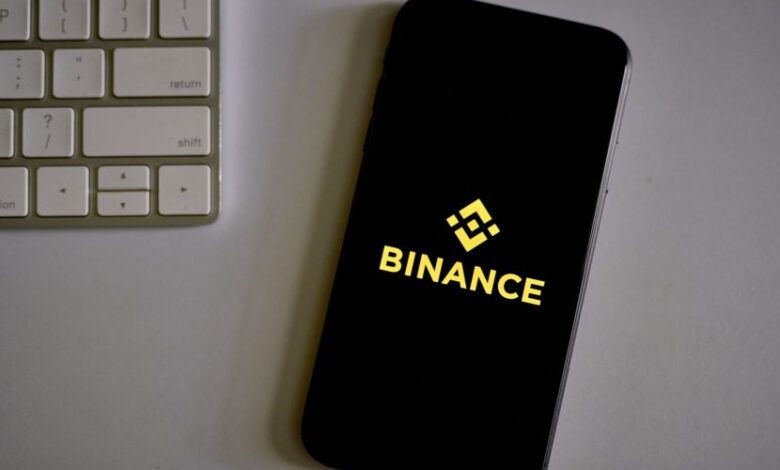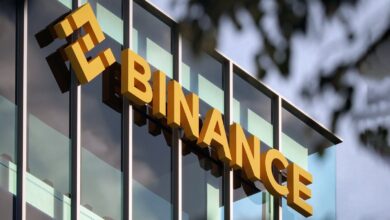BNB Beacon Chain Prepares for ZhangHeng Upgrade, to Introduce Block Halt Capability in Upcoming Hard Fork

Binance’s BNB Beacon Chain mainnet is preparing for an upcoming hard fork that will introduce a new feature enabling the blockchain to halt the production of new blocks under specific conditions.
According to a statement from BNB Chain on July 12, the “ZhangHeng” upgrade is scheduled to occur at block height 328,088,888, which is projected to take place on July 19th. The hard fork will introduce Binance Evolution Proposal BEP-255, aiming to implement “on-chain asset reconciliation.”
Binance believes that this feature could help mitigate potential damage caused by exploits on cross-chain bridges, such as the Binance Smart Chain exploit that occurred on October 7, 2022.
The introduction of BEP-255 is a response to the need for enhanced security, particularly following the bridge exploitation incident. The Github post regarding BEP-255 emphasizes the importance of ensuring the security of assets on the BNB Beacon Chain itself, in addition to improvements made for cross-chain security, including BEP171.
Under the BEP, user balance changes will be tracked and reconciled in each block to detect any issues or discrepancies. In cases where reconciliation errors are identified, the blockchain will enter a panic state and cease the production of new blocks.
Binance acknowledges that this action will impact downstream services, including bridges, deposits, and withdrawals on exchanges. However, the decision is deemed necessary to safeguard the integrity of the chain and protect its users.
A hard fork will be necessary to restore the blockchain’s functionality and address the reconciliation error that occurred.
To rectify the situation, Binance explains that certain actions need to be taken, such as blacklisting or correcting related accounts in cases of exploitation. Once the blockchain is reinstated, downstream services can be resumed accordingly.
Additionally, the upcoming hard fork aims to fix a bug known as “Rogue Key Attacks,” which involves an unauthorized party producing a valid aggregate signature for a transaction instead of the true owner of the private keys. To resolve this issue, all existing vote addresses will be cleared when the hard fork reaches its designated height, and validators will need to re-add vote addresses.
The hard fork also aims to enhance the chain’s capabilities to handle more intricate business rules and logic. However, Binance highlights the importance of having two-thirds of validators switch their software version to v0.10.16 prior to the hard fork to avoid potential complications.
BNB Chain emphasizes that full nodes failing to upgrade will be unable to execute subsequent blocks after the hard fork’s designated block height.
While BNB Chain provides detailed instructions for node operators to comply with the hard fork upgrade, they note that BNB token holders using Binance.com, other centralized exchanges, or cold wallets do not currently need to take any action.
Furthermore, on June 19, BNB Chain introduced opBNB, a new layer-2 scaling solution based on Optimism’s OP Stack, which is compatible with the Ethereum Virtual Machine (EVM).





